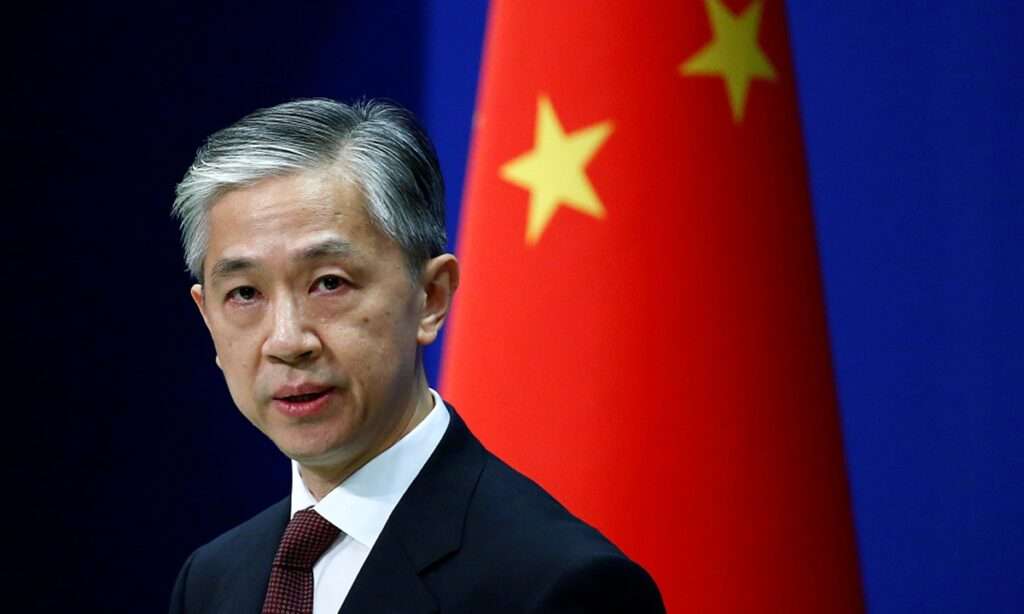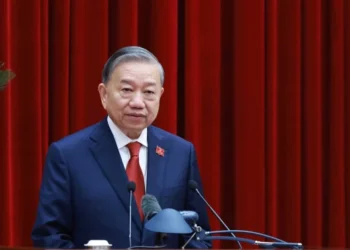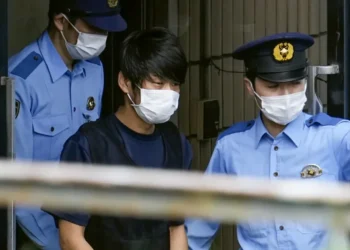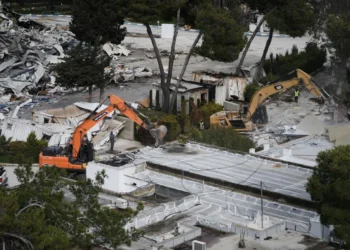China’s customs agency on Thursday, August 24, 2023, announced that it would “completely suspend the import of aquatic products originating in Japan”, effective immediately.
The agency added that it took this decision in order to “prevent the risk of radioactive contamination of food safety.”
This was prompted by Japan’s discharge of treated radioactive water from the Fukushima Daiichi nuclear power plant. Japan says all radioactive elements have been filtered out except tritium, which is hard to remove from water.
Tokyo Electric Power Company(TEPCO), which operates the plant, pumped a small quantity of water from the plant on Thursday, two days after the plan was approved by Japan’s government.
The Japanese government announced on August 22, 2023, that treated radioactive wastewater from the plant will be released into the Pacific Ocean.
While announcing the final approval, Prime Minister Fumio Kishida stressed that the plan to discharge the wastewater was “an issue that absolutely cannot be put off” to “achieve the recovery of Fukushima and decommissioning” of the nuclear plant.
TEPCO disclosed that the release began at 1:03pm local time (04:03 GMT) and it had not identified any abnormalities with the seawater pump or surrounding facilities.
Supervisors from the UN atomic watchdog, International Atomic Energy Agency (IAEA), which endorsed the plan, were due to be on site for the procedure, while TEPCO workers were scheduled to take water samples later on Thursday.
The water will initially be released in modest quantities and with extra checks, Tepco said, with the first discharge, totalling 7,800 cubic metres, expected to last about 17 days.
The Chinese government has been highly critical of the planned water release, branding it “extremely selfish and irresponsible”.
In a statement, China’s foreign ministry, noted that starting the discharge of Fukushima’s nuclear wastewater into the ocean “ignores international public interests.”
It warned of a potential “man-made secondary disaster to the local people and the whole world” following the original 2011 Fukushima disaster.
“By dumping the water into the ocean, Japan is spreading the risks to the rest of the world and passing an open wound onto the future generations of humanity.”
China’s Foreign Ministry
In 2011, Japan experienced an earthquake and tsunami which caused water within the Fukushima nuclear plant to be contaminated with highly radioactive material.
Since then, new water has been pumped in to cool fuel debris in the reactors, while ground and rainwater have leaked in, creating more radioactive wastewater.
All this wastewater has so far been treated and stored in massive tanks. However, space is running out and authorities say that they need to get rid of the water to safely decommission the plant. Hence the plan to release the water into the ocean.
“The Ocean Is The Common Property Of All Humankind”

Chinese foreign ministry Spokesperson, Wang Wenbin called Japan’s action “extremely selfish”, adding that Beijing had lodged a formal complaint with Japan’s Ambassador to China.
Wang stated that China would “take all necessary measures to protect the marine environment, food safety, and public health.
“The ocean is the common property of all humankind, not a place for Japan to arbitrarily dump nuclear-contaminated water,” Wang said.
Also, Hong Kong’s Chief Executive, John Lee, noted that releasing the water into the ocean was “irresponsible.” He added that the city would activate import controls on Japanese seafood from regions including Fukushima and Tokyo from Thursday.
The ban will cover live, frozen, refrigerated, and dried seafood, as well as sea salt and seaweed.
China’s latest ban on Japanese sea products widens the already existing restrictions. China banned imports of food and agricultural products from five Japanese prefectures soon after the 2011 triple disaster, and later widened its ban to cover 10 of Japan’s 47 prefectures.
READ ALSO: We Will Not Let Your Efforts Go Waste- New Lands Commission Boss To Predecessors























